Category: Horses
-
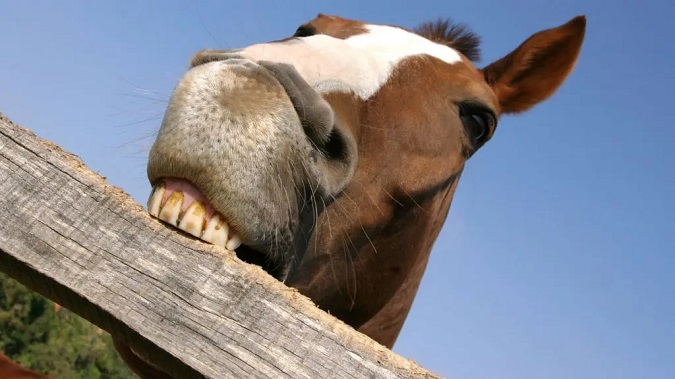
The Cause of Cribbing Behavior in Horses
Research indicates that cribbing or crib-biting behavior in horses is not learned, and probably has a genetic basis. Cribbing is a compulsive behavior in which the horse grabs a solid object, arches his neck and sucks in air. It has long been thought that the action releases endorphins and therefore causes a pleasurable sensation. Once […]
-
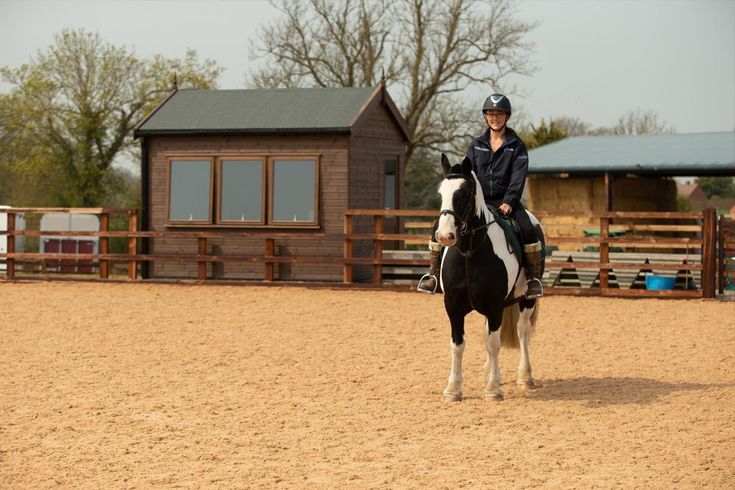
How to Train a Horse to Not Shy Away from Objects
It is not uncommon for a horse to become skeptical of elevated items close to them as most feel that they are vulnerable to attack from the side and at a distance from objects higher than they are, therefore, they will try to avoid the objects to protect themselves. This action is not about the […]
-
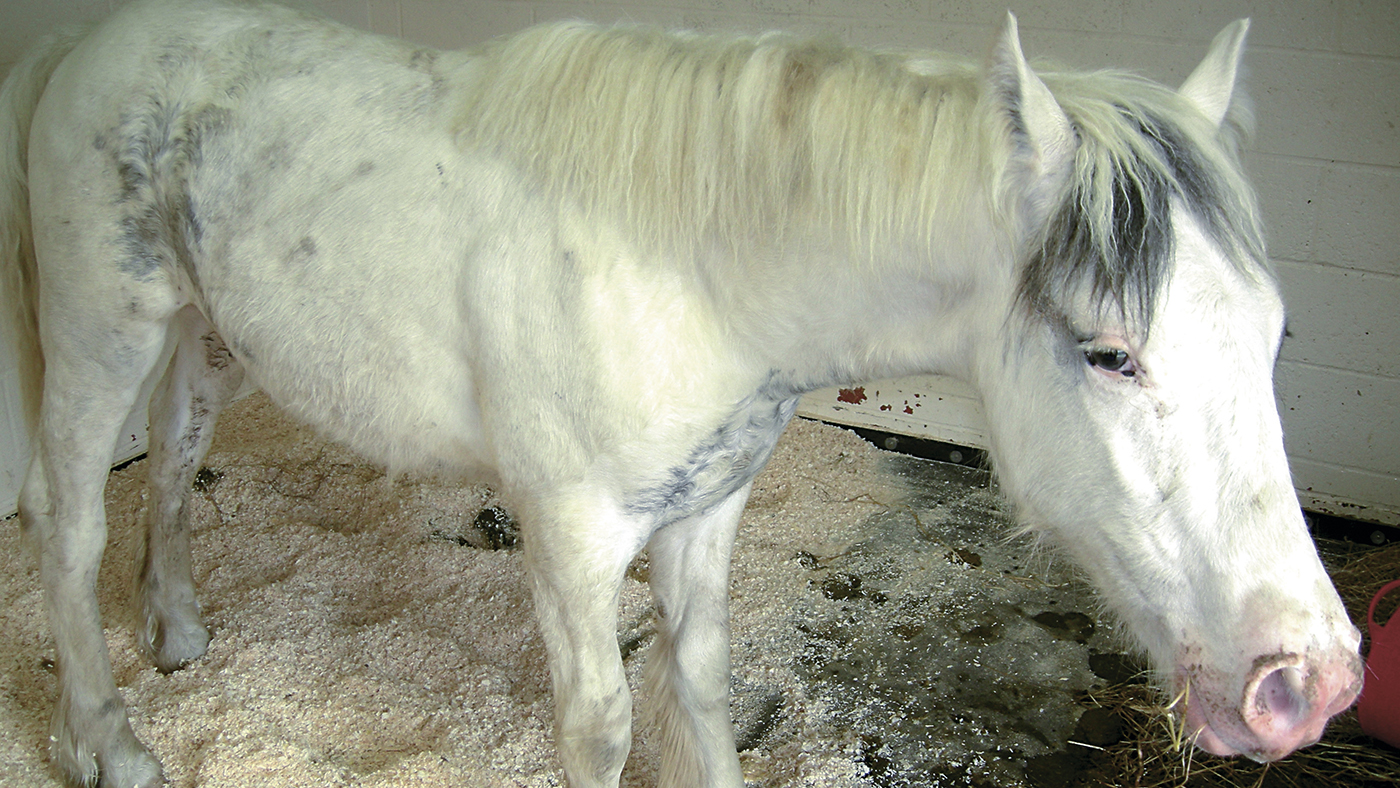
How to Identify and Treat Lock Jaw in Horses
Tetanus is a neuromuscular disease that causes paralysis, rigidity and, often, death in horses. Toxins released from the bacteria clostridium tetani cause this highly infectious disease. The bacteria have a spore form which allows it to survive for many years in the soil; therefore, horses are frequently exposed to this infective form of the bacteria. […]
-
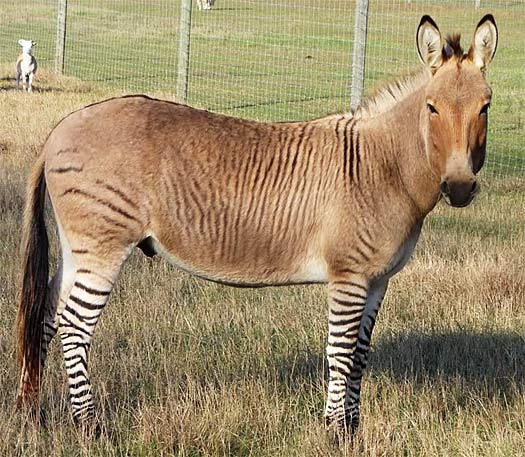
What Are a Zorse and a Zonkey?
A zorse, zonkey or hebra sound like creatures in a Dr. Seuss book, but they are real animals. A zorse is a cross between a zebra stallion and a horse mare. The zorse takes the color or dominant color gene of the mare and the zebra sire gives it stripes. A hebra is a cross […]
-
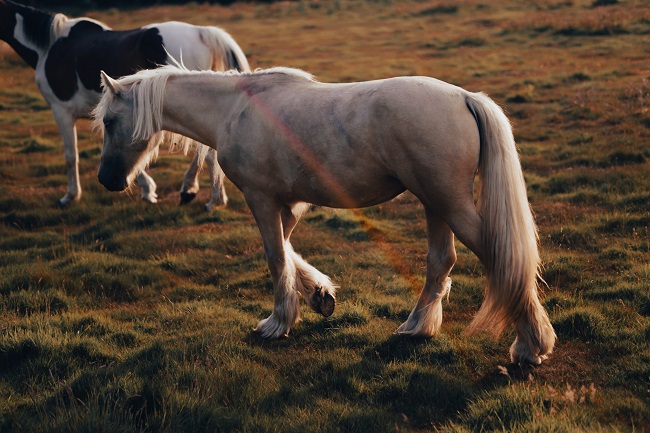
A Horses’ Tail is Much More Than Just a Flyswatter
Tails are vital communication centers for your horse, relaying messages about moods, health, energy, and locomotion. Whether wispy or luxurious, flowing, braided, or banged, a horse’s tail is perhaps his most beautiful and versatile physical feature. Much more than mere ornament or glorified flyswatter, the tail serves many purposes. As a device of communication, it […]
-
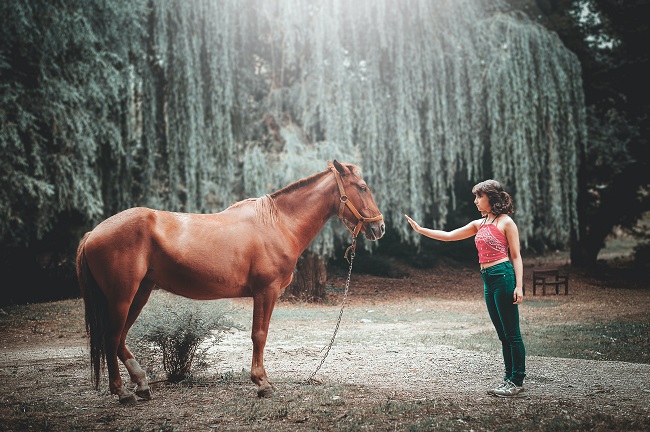
Do Not Allow Your Horse to Invade Your Space
Maybe you’re being too friendly or nice with your horse. Let’s look at it from the human perspective. First, how serious is it that your horse gets in your space? If you answered, “Oh…it’s not too bad.”, then you would be seriously mistaken. A horse getting into your space is as serious and dangerous as […]
-
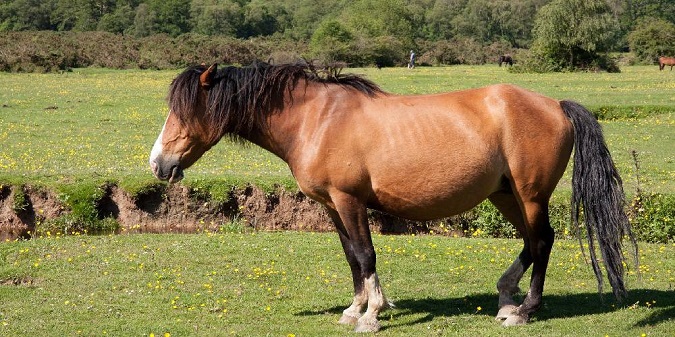
Why Horses can Sleep While Standing
It might be nice to doze off while waiting in the checkout line at the grocery store, but unlike horses, humans cannot sleep standing up. Having evolved to flee in an instant, horses are equipped with a “stay apparatus” that allows them to remain upright for long periods of time. But this mechanism isn’t foolproof […]
-
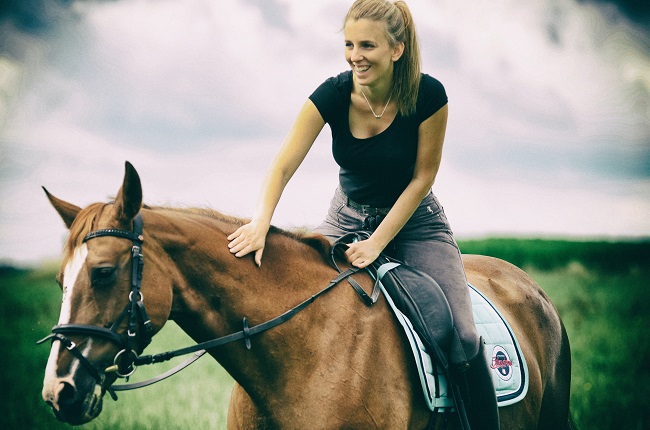
A Steady Hand Makes for a Happier Horse
Growing up, we played a game at my birthday parties. Since my birthday was during summer, we were able to play this game because it had to be played outdoors. Turns out this game is quite useful when it comes to riding horses. What’s the game? The egg and the spoon. The trick was to […]
-
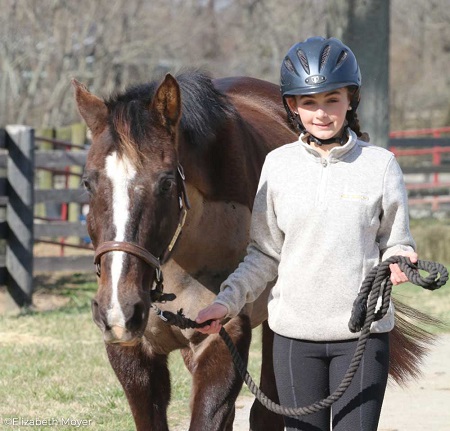
How to Stop a Horse from Pulling Ahead While Being Lead
You have halter trained your horse or foal, but every time you turn your back it tries to bite you, or it steps on you when you are leading it. Now what? Every equine that is handled by humans must learn ground manners. Ground manners is training that keeps the horse or pony from biting, […]
-
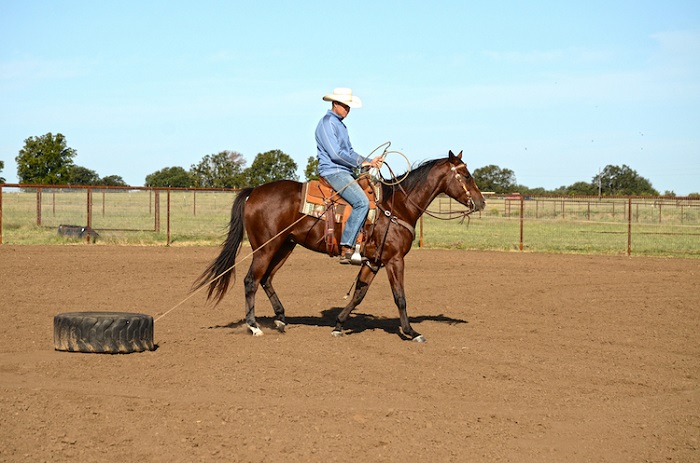
How to Teach a Horse to Pull Objects
When out on the trail or in other open and busy environments, a good horse should overcome his instinct to flee from following objects. He needs to be comfortable in the aids and decisions of his rider and he can behave in this manner if he is taught that unusual situations are safe so long […]